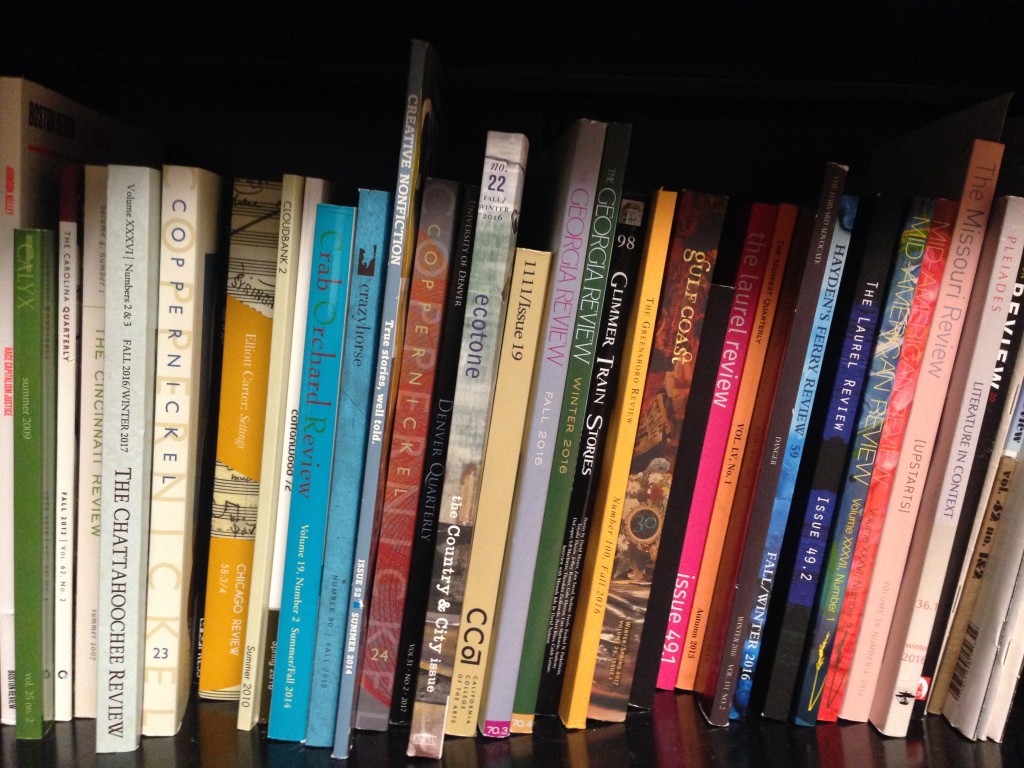By Colorado Review Associate Editor Cory Cotten-Potter
Anyone who’s ever been a member of a workshop, writing group, or any impromptu conversation among readers and writers knows that we all have a different aesthetic. And that, as a whole, they’re reasonably hard to describe. Ideally an aesthetic would indicate some sort of definable set, a list of knowable criteria used to evaluate the stylistic, thematic, and structural choices of a piece of writing. And if we find ourselves in possession of an aesthetic—one we’re able to articulate and one that may or may not guide our writing practice—wouldn’t it follow that we’d be drawn to pieces that exhibit similar aesthetic tendencies?
The simple answer: Absolutely. Sure. Maybe. Sometimes. But I’m intrigued by the moments when this doesn’t happen—when a friend, colleague, or mentor puts a piece of writing in your hands with the simple caveat You must read this, immediately! and instead of awe and overwhelming appreciation, you find yourself recoiling slightly. Presumably this writing fits your aesthetic, so what’s the problem? Perhaps it’s too close to the instincts swimming around at the base of your brain—a shadow-self that’s altogether too familiar. Ultimately, I’m not sure.
These are questions to which I find myself returning often. This is due in part to my own work and its shifting aesthetics, but these questions seem even more pertinent to my work here at the Center for Literary Publishing. In surveying the cover letters and fielding the phone calls that come into the Center, I get the sense that, on some level, many writers are seeking affirmation. (Aren’t we all, in some ways?) They want to know that their creative works matter. Of course they matter. But it’s tricky extending this into the realm of publishing where much revolves around a particular aesthetic.
After nearly two years of interning at the Center for Literary Publishing, I feel that I know the aesthetic of Colorado Review well. Some submissions fit, others don’t, and I don’t see this distinction as a commentary on worth, or whether a piece matters or not. In fact, one of the many unexpected benefits of this internship has been the exposure to a wide variety of aesthetics. It’s opened my eyes to just how many amazing writers are out there who, thanks to the small press community, are publishing their work. There are presses and magazines out there for nearly every aesthetic, and it’s exciting to explore these other paradigms to enhance both our reading experiences and our writing practices.
